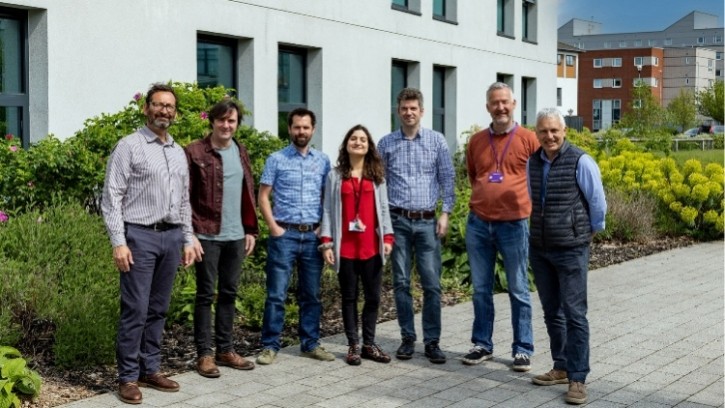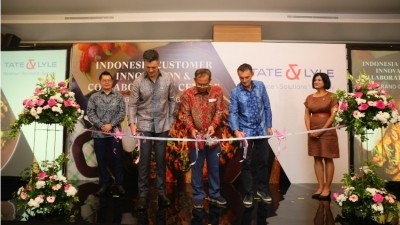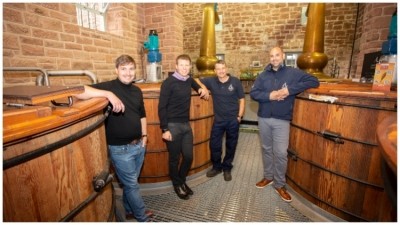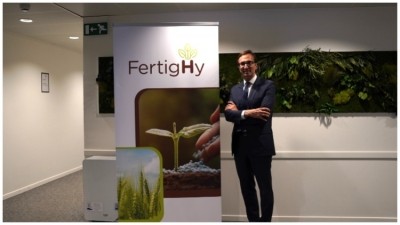News
Ground-breaking potato disease detection tech edges closer to commercialisation

TuberSense, which is being developed by agri-tech firm B-hive Innovations, has been in the works for the last two years and is now close to being brought to market.
B-hive Innovations lead Dr Barbara Correia has headed up the research into gas sensors that can identify potential defects in potato tubers such as soft rot, dry rot and black heart.
Dr Correia hopes that the technology can discover these issues at an earlier stage than has previously been possible and in turn, prevent infected crops from losing their quality and market value.
“Through the first project phase, we have gained a great understanding of which diseases are most distinguishable through the use of gas sensing technologies,” she said.
“Conversely, we have also become more aware of which defects may not be detectable through such means, which already gets us thinking of other ways that we might detect those defects at an early stage.”
With partners including potato producer Branston and the University of Warwick, the project secured funding from UK Research and Innovation (UKRI) in the summer of 2021.
The research has involved a combination of field testing with potato growers and a series of semi-controlled trials.
Following the completion of this process, the team is looking to upgrade the technology before a final round of tests later this year.
“Research and development combined with market research has made it clear that growers and packers of root crops require greater insights into disease and defect detection at the earliest point possible,” Dr Correia added.
“While we have made some great breakthroughs during the first phase of the project, we have a lot of confidence from our ongoing analysis to trial a 2.0 iteration - that will extract even more insights into using volatile markers for gas sensing in stored crop.”
In other news, Associated British Foods has agreed to purchase dairy tech firm in £48m deal.

















